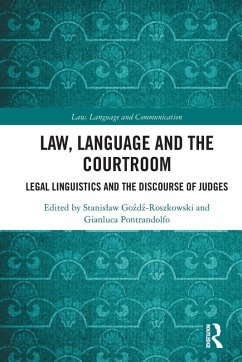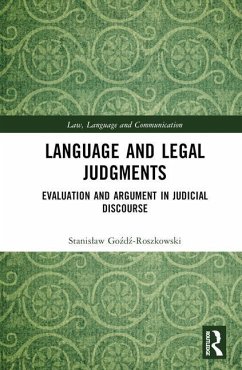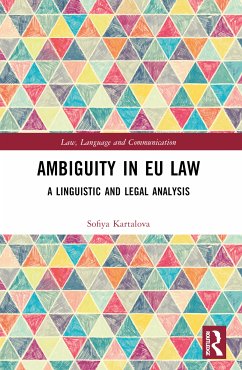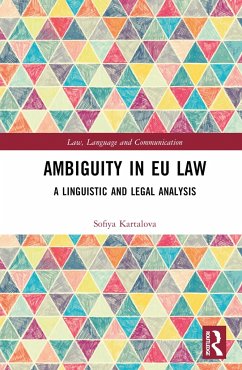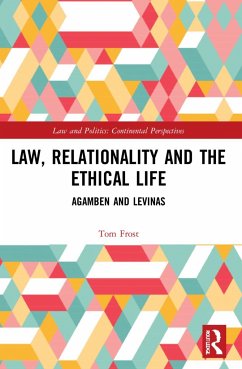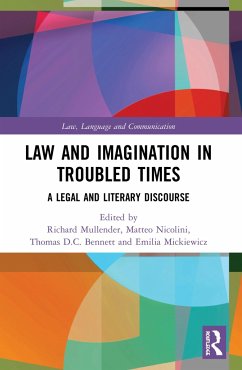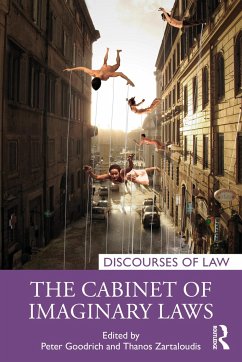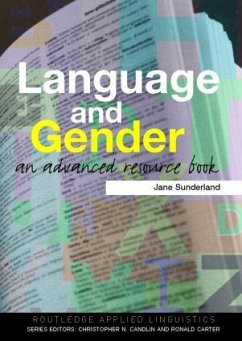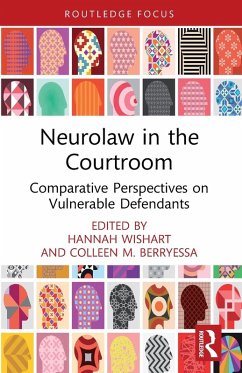
Law, Language and the Courtroom
Legal Linguistics and the Discourse of Judges
Herausgeber: Gozdz Roszkowski, Stanislaw; Pontrandolfo, Gianluca
Versandkostenfrei!
Versandfertig in 1-2 Wochen
167,99 €
inkl. MwSt.
Weitere Ausgaben:

PAYBACK Punkte
84 °P sammeln!
This book explores the language of judges. Using a range of disciplinary and methodological perspectives, it looks in detail at the ways in which judicial discourse is argued, constructed, interpreted and perceived.




